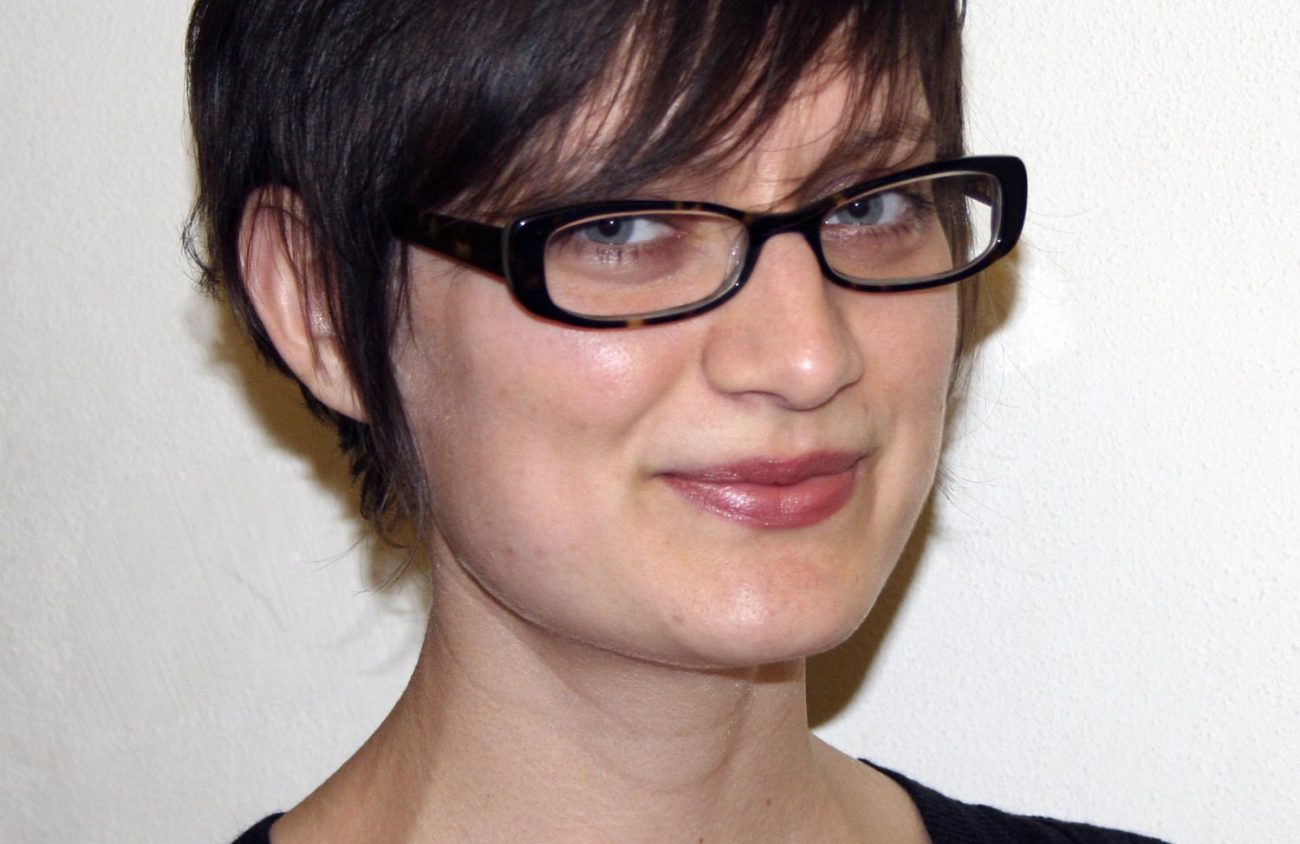EW talked to Samantha Swindler, a columnist for The Oregonian and president of the Oregon Territory chapter of the Society of Professional Journalists, to get her take on the media chaos.
What forces — historically, socially, politically — have led to the current distrust and suspicion of the media?
I honestly don’t know if I’m the best person to answer this question. I see a lot of forces at play — mainly new technology that allows anyone to create a “news site” and disruption of the traditional media revenue model — that make this historically unique. But I also don’t know if distrust of the media is a new thing. Maybe what’s unique is that the definition of “media” has so greatly expanded.
Is this unprecedented in U.S. history, either in terms of public attitudes toward the media or the current administration’s attacks (Trump’s “enemy of the people” claim)?
Maybe what’s different now is how little news people seem to consume. When I hang out with non-news people, I realize that most Americans don’t follow the news. They don’t care. They see stuff on their social media feeds and that’s it.
What have the media done to contribute to this attitude? Or, from another angle, what set the stage for so many people to be able to dismiss reporting outright as “fake” news? Where did we fall short?
I don’t know if I can point to a specific moment or action, but there are trends that I find have hurt media credibility. Of course, there’s the creation of the 24-hour news cycle and the constant need to say something on-air, even where there’s nothing new or substantive to add about breaking news. That has led to inaccurate information as stories are developing. We also don’t do ourselves any favors when we chase “trending” viral news and just regurgitate it without additional context or critical thinking. When we’re just sharing other people’s cat videos or viral Facebook posts, how do we distinguish what we’re doing as journalism rather than just social media?
Ah, but I see the flipside of this one as well. How do you pay for journalism if you don’t get the clicks for cat videos? I’m oversimplifying with that statement, but fewer people are paying for journalism, so it’s harder to fund the meatier stuff.
What would be the best response from the press in terms of combating negative public perceptions?
We need to be more transparent in how we collect the news, why we do what we do and why we make the news decisions we make. There’s been more of that, but I think total transparency about the journalism process, engaging with readers and viewers about our process, will help. Transparency is more important than objectivity.
Do you see this as a larger crisis in attitudes toward truth, verification and the First Amendment?
We have a larger crisis in the lack of civics education. I think we’ve become lazy when it comes to civic involvement. Isn’t there a famous quote, that the price of liberty is eternal vigilance? We’ve not been vigilant. Vote. Run for office. Vet your news source. Question your assumptions. Consume ideas that question your worldview. All those things are connected, in my mind.
